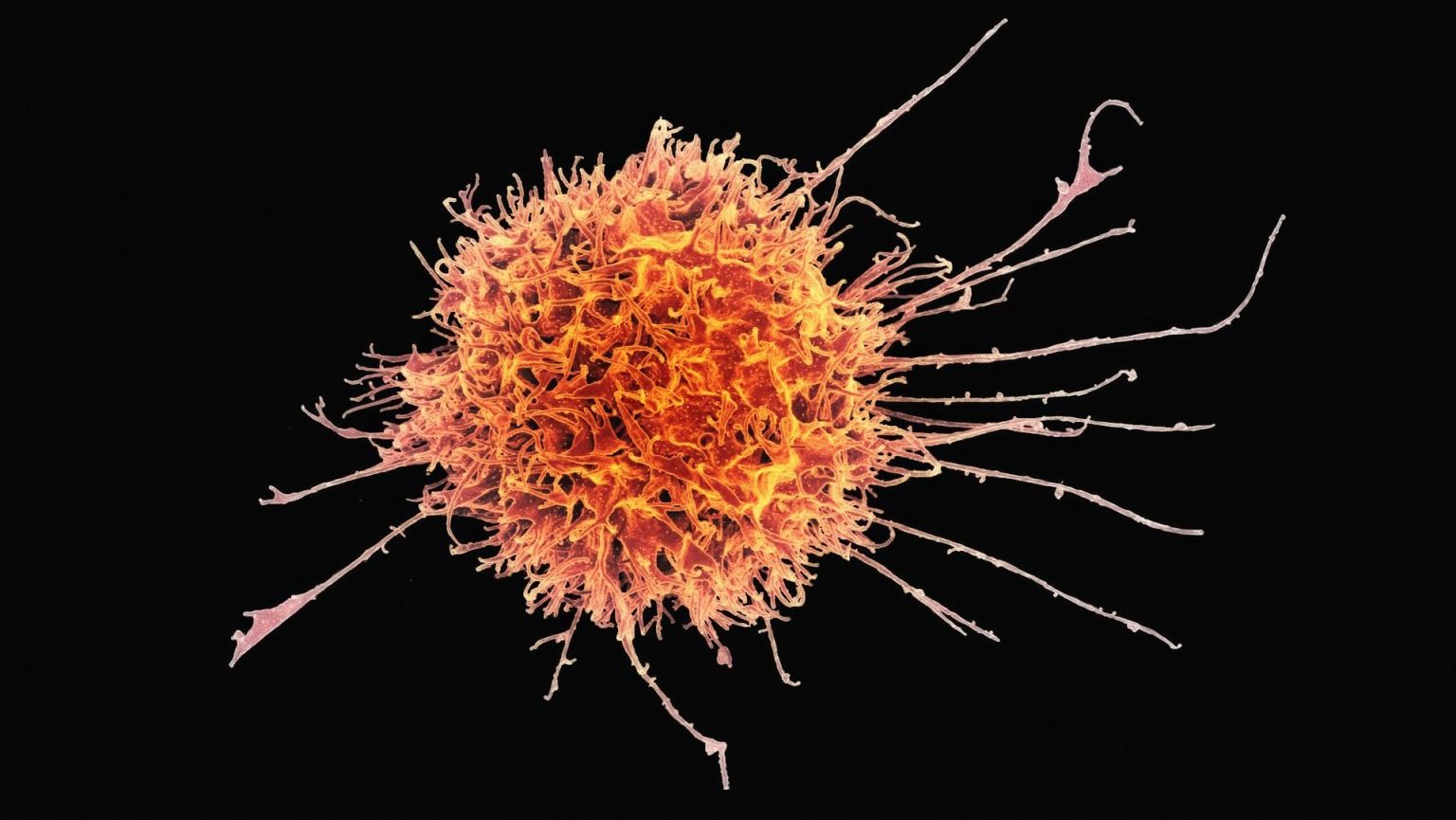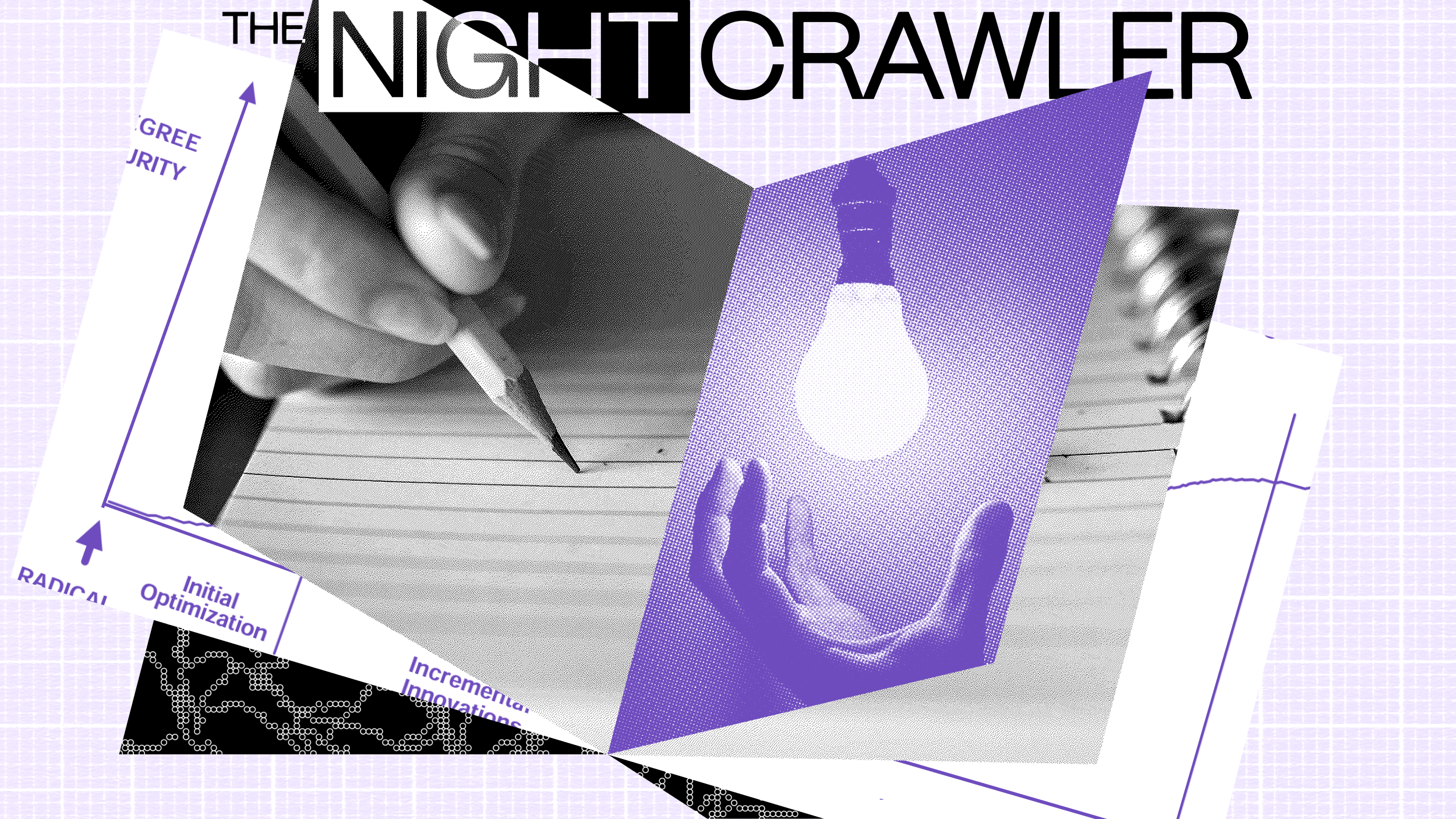What goes into a magazine?
Jon Meacham: It’s an art not a science is the first thing. We pay attention to what we call the “rotation”. That is, if we have a cover on a health issue one week we’re more likely than not to do politics or Iraq or something the next week. So that the person who writes us a check every year and gets 50 issues feels they’re getting a full variety of experience. In terms of page-for-page, it’s a matter of where can we add value? Where do we have something to say? Where if we found something out that other people don’t know? Where can we say something on a subject when a lot’s been said but not everybody’s said it? And so the test really is . . . what I’m trying to think about is six days from now, what’s gonna make you stop on that page? And how do you communicate in display type, and pictures, and graphics that this is worth stopping on? And so that’s the weekly battle.
Given what I do day-to-day, as you say, if I’m gonna do a book it has to be something that I’m never going to think, “Oh god. I gotta go work on that,” because life’s way to short. I have two little kids; it’s just not worth it. In the case of Franklin Roosevelt and Winston Churchill it’s just a great human saga. It’s a great love story and there’s nothing not to love about it. The religion book I wrote because I was angry about . . . There were perhaps easier ways to express that anger, I admit. My wife pointed that out several times because I . . . there was one addition in the New York Times, literally in August of 2005, where on the front page there was a Nobel Laurent saying you could not be a believer and be a scientist. And inside the paper Pat Robertson issued his fatwa against Hugo Chavez. And I thought, you know, we’re all on A9. So what does the world look like on A9? I’m doing Andrew Jackson now, and I chose that because it occurred to me that if we’re going to recover all the founding fathers – which we’ve now pretty much done – Jackson is a far more representative figure than say George Washington or John Adams in both his vices and his virtues. If you look at Andrew Jackson, you see a figure who is at once kind and cruel. He was a figure of grace and viciousness. He can be an incredibly benign figure. He can also be violent and willing to tolerate things that we would not think we would. The problem with that is we are in fact a country that lives with horrible inequalities, that still commits horrible injustices, that in the fullness of time we’re gonna look back on and say, “How exactly did we sit around while “X” happened in Rwanda or “B” happened somewhere else?” So I think if we understand people who represented those dichotomies in the past, we have some chance of being aware of those dichotomies now, and perhaps solving them before they’re allowed to be completely . . . Is “dichotomous” a word?
Recorded on: 7/3/07





